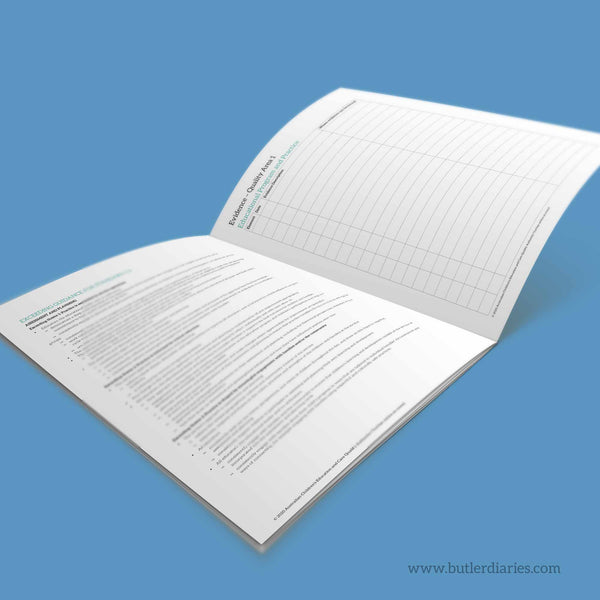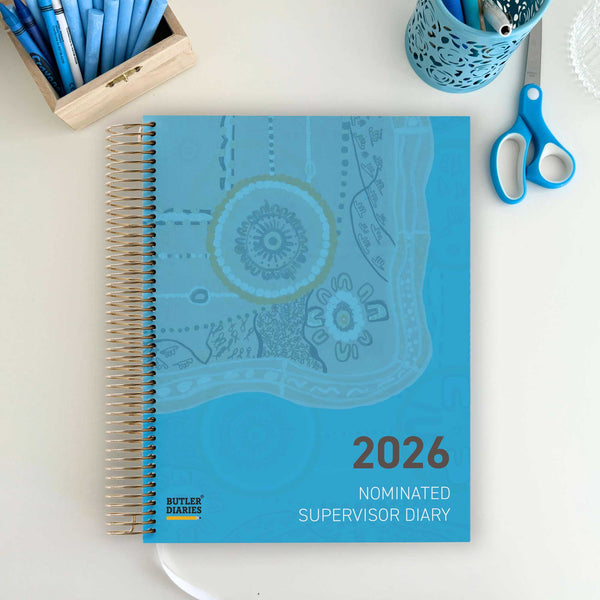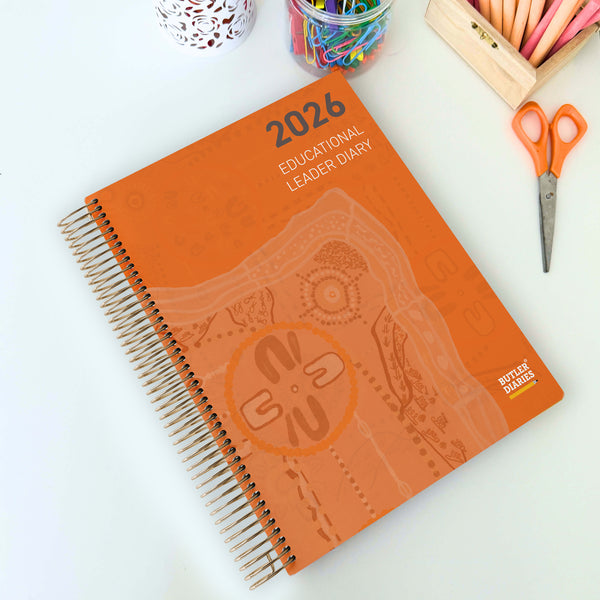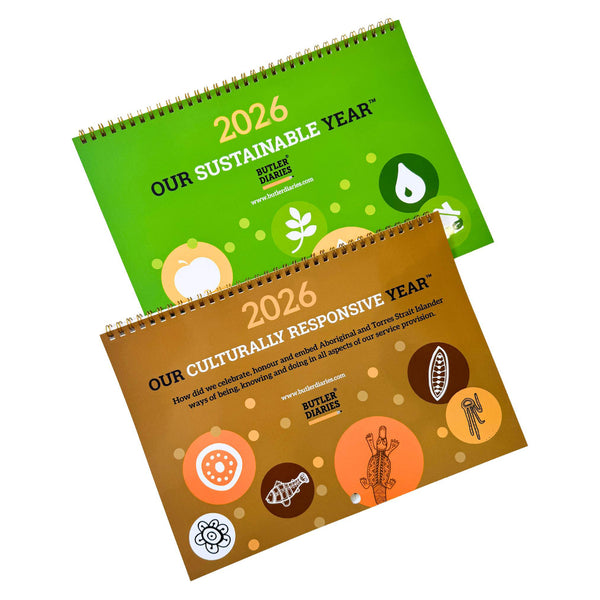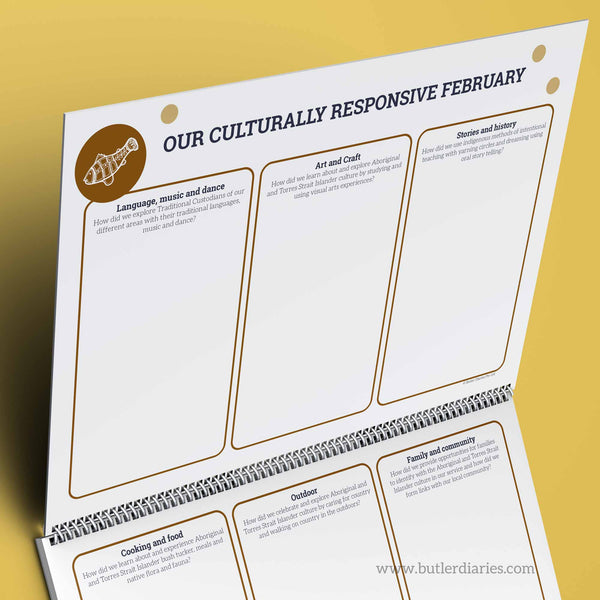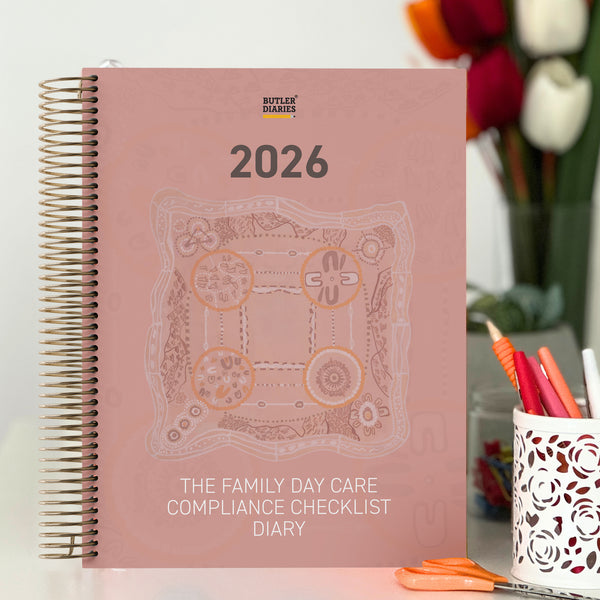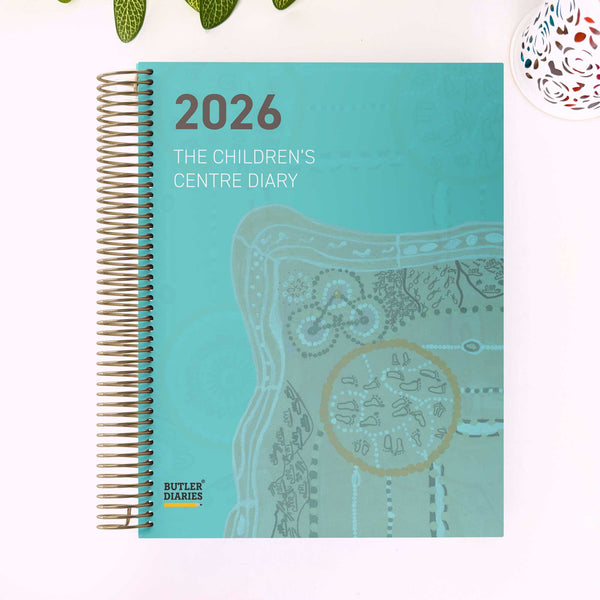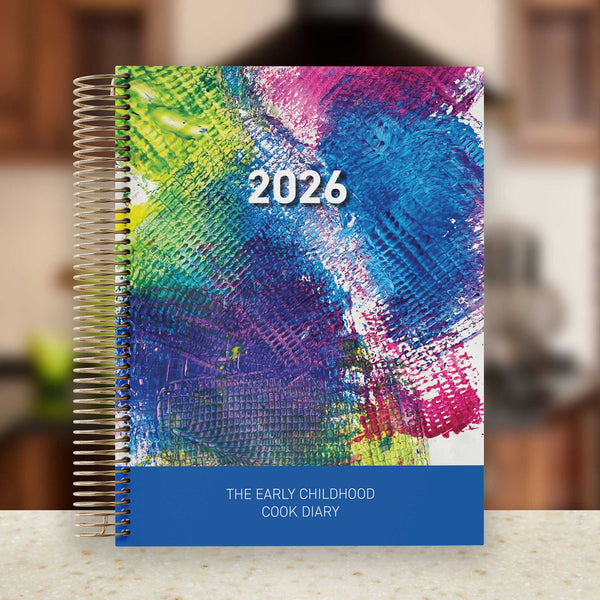The National Quality Standard (NQS) plays a crucial role in early childhood education by setting high benchmarks for the quality of care and education provided to children. Self-assessing and reflective practice are integral to maintaining and improving these standards, ensuring that educators can deliver the best possible outcomes for children. This article will explore the importance of these practices and provide tips on how to implement them effectively.
It also includes a Free Reflective NQS Checklist you can use at your service.
Why Self-Assessing and Reflective Practice Are Important
1. Continuous Improvement: Reflective practice encourages continuous improvement by allowing educators to critically analyse their teaching methods, interactions, and learning environments. This ongoing process helps identify areas for enhancement and promotes a culture of excellence within early childhood settings.
2. Professional Growth: Engaging in self-assessment and reflection helps educators grow professionally. It fosters a deeper understanding of their practices, enhances their skills, and keeps them updated with the latest educational strategies and theories.
3. Better Outcomes for Children: By consistently evaluating and reflecting on their practices, educators can tailor their approaches to meet the diverse needs of children, thereby supporting better learning and developmental outcomes.
4. Compliance with Standards: The NQS requires services to engage in reflective practice as part of their quality improvement processes. Self-assessment helps ensure that practices align with regulatory requirements and standards set by governing bodies.
Tips for Effective Self-Assessment and Reflective Practice
1. Set Clear Goals: Identify specific goals for what you want to achieve through self-assessment. These could be related to improving certain aspects of your teaching practice, enhancing the learning environment, or better supporting individual children's needs.
2. Use a Reflective Checklist: Use a reflective checklist to quickly evaluate your service and reflect on improvements and who is responsible for overseeing these improvements. This can help track progress over time and identify patterns that need addressing.
3. Engage in Professional Conversations: Discuss your reflections and self-assessment outcomes with your team. Collaborative discussions can provide new perspectives and ideas, fostering a supportive environment for professional growth.
4. Seek Feedback: Invite feedback from peers, supervisors, and even families. External feedback can offer valuable insights into your practice from different viewpoints and help identify blind spots.
5. Reflect on the Children’s Perspectives: Consider the children’s responses and behaviours as feedback. Reflect on how they engage with the learning environment and the activities provided. This can give you clues about what works well and what might need adjustment.
6. Use Tools and Frameworks: Utilise available tools and frameworks, such as the Early Years Learning Framework (EYLF) and the NQS Quality Improvement Plan (QIP), to guide your self-assessment and reflection processes. You can also download other helpful cheatsheets on these topics from our blog.
7. Implement Action Plans: Based on your reflections, create action plans to address identified areas for improvement. Set achievable targets and timelines to ensure continuous progress.
8. Regularly Review and Adjust: Self-assessment and reflection should be ongoing processes. Regularly review your practices, reflect on what has been achieved, and adjust your strategies as necessary to maintain and improve quality.
Self-assessment and reflective practice are vital components of maintaining and enhancing the quality of early childhood education. They support continuous improvement, professional growth, and better outcomes for children, while ensuring compliance with the NQS. By setting clear goals, using reflective tools, seeking feedback, and linking reflections to assessment and learning, educators can create enriching, supportive, and high-quality learning environments for all children.
Free NQS Download: Reflective NQS Checklist
This Reflective NQS Checklist has been adapted from the Guide to the National Quality Framework to provide you an easy to follow and use template for reflecting on your practice against National Quality Standards.

- Download the Reflective NQS Checklist for free by joining our Facebook Group
- Head here to join Butler Diaries ECEC Support Network
- Answer the questions and wait for approval (you must be a Butler Diaries customer to be approved).
- Once approved, download the Reflective NQS Checklist from the 'Files' tab.
- Check out our other free downloads and start engaging with your fellow Butler Diaries community members!









